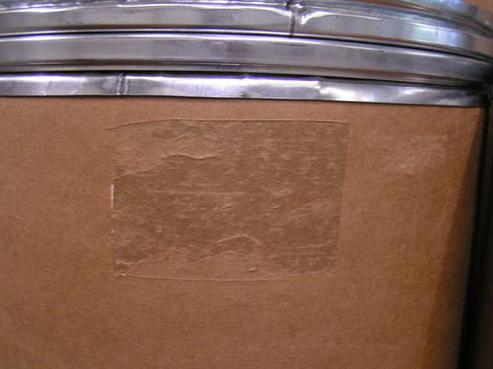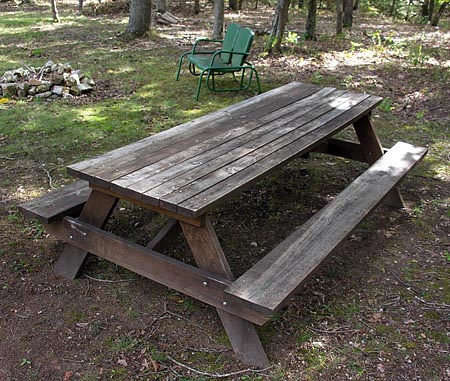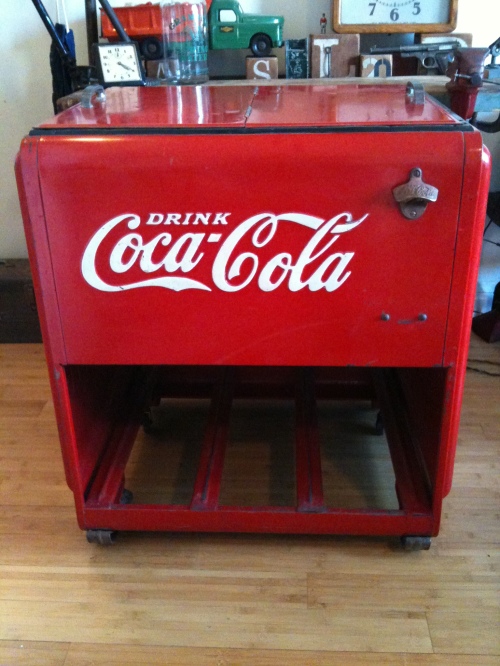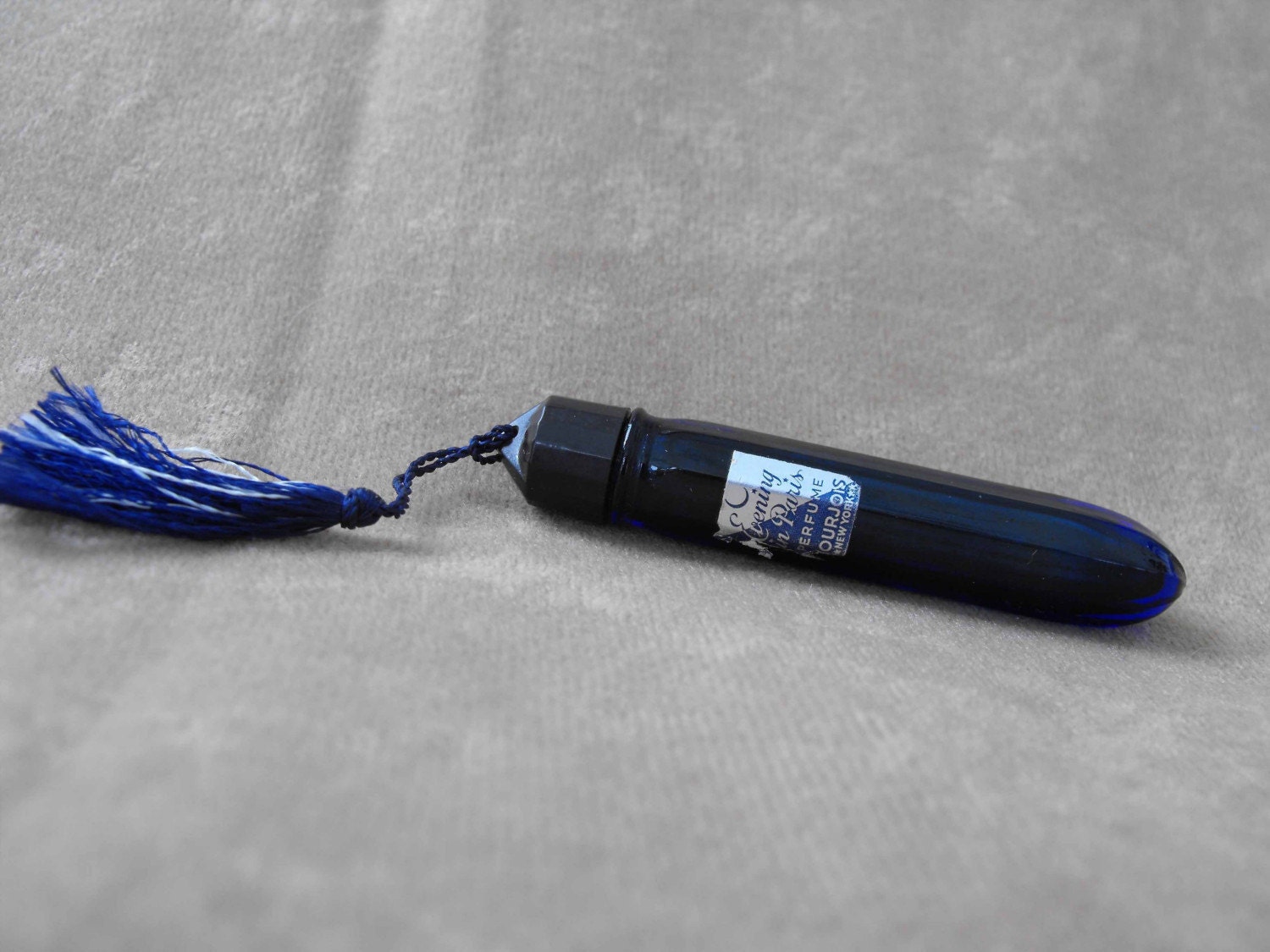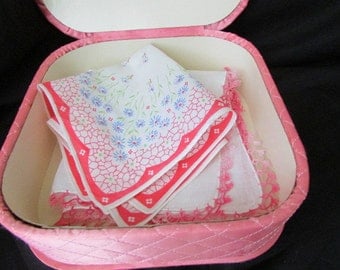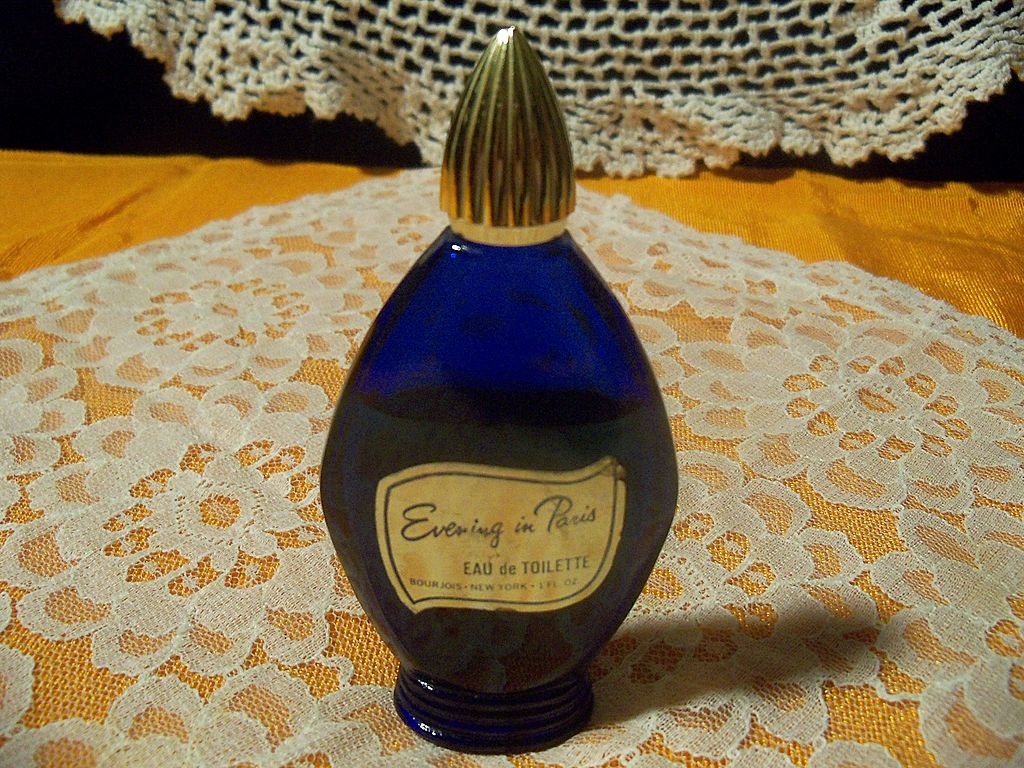
One of the most interesting families in Paxton is the Comeaux crowd, a wonderful big sprawling clan from Cajun Country, transported to Paxton by Luck, Love, or Good Cookin’. Back in the Fifties, Mr. Arsene Comeaux and his brother, Mr. Beh’teel came up to the Delta from way down in Louisiana with their Daddy and all his huge earth-moving equipment and know-how, to teach the local farmers how to set in Rice Fields in that rich, cotton-blessed gumbo.
The two young men weren’t too tall, wiry with corded muscles like great vines up their arms, and could lift a good-sized log and caber-toss it out of a field as well as any good Scots in a kilt. They were great life-grabbing men, loud-laughing and hard-working and an endless source of romantic giggles and chat amongst the teen girls of Paxton, and some of the Mamas had also been known to primp up a bit before the menfolks came to the house for noon dinner.

It became like the old Harvest Times around the county, like in the old days when the horse-drawn reapers and combines with their equally-sweaty drivers would rampage across the fields from dawn til way into the night, with great crews of dusty “hands” gathered to take in one field after another. It was expected way back then that the “house” provide the meals for all the workers, and the womenfolk of the family prided themselves on the hearty fare they could turn out from those big old black stoves, those gleaming Amana Ranges

And so the ladies of the area welcomed the dozen or so workers who traveled with the Comeaux family, calling them in at noon and supper in the same way as their fore-mothers---to the picnic tables in the yard, or under the patio, or even to card tables set up in the living room and den, if they had room. But there was a bit of difference in the serving, this time---the getting out of fancy glass bowls and calling back and forth between Miss Kathryn Roseberry and Grandma Stewart, both young farmers’ wives back then, as to who was making the Four Layer Chocolate Delight, and who the Apricot Nectar Cake, and which one had prior rights to Sallis-Berry Steak, so that no toes, social or kitchen, were stepped on.
Those Comeaux boys, grown men both, came back and courted two of the Paxton girls whose family tables had held such welcome, and they’ve settled and prospered and become valued families of our little town. Funny how Fate and Food can bring folks together, id’nit?

